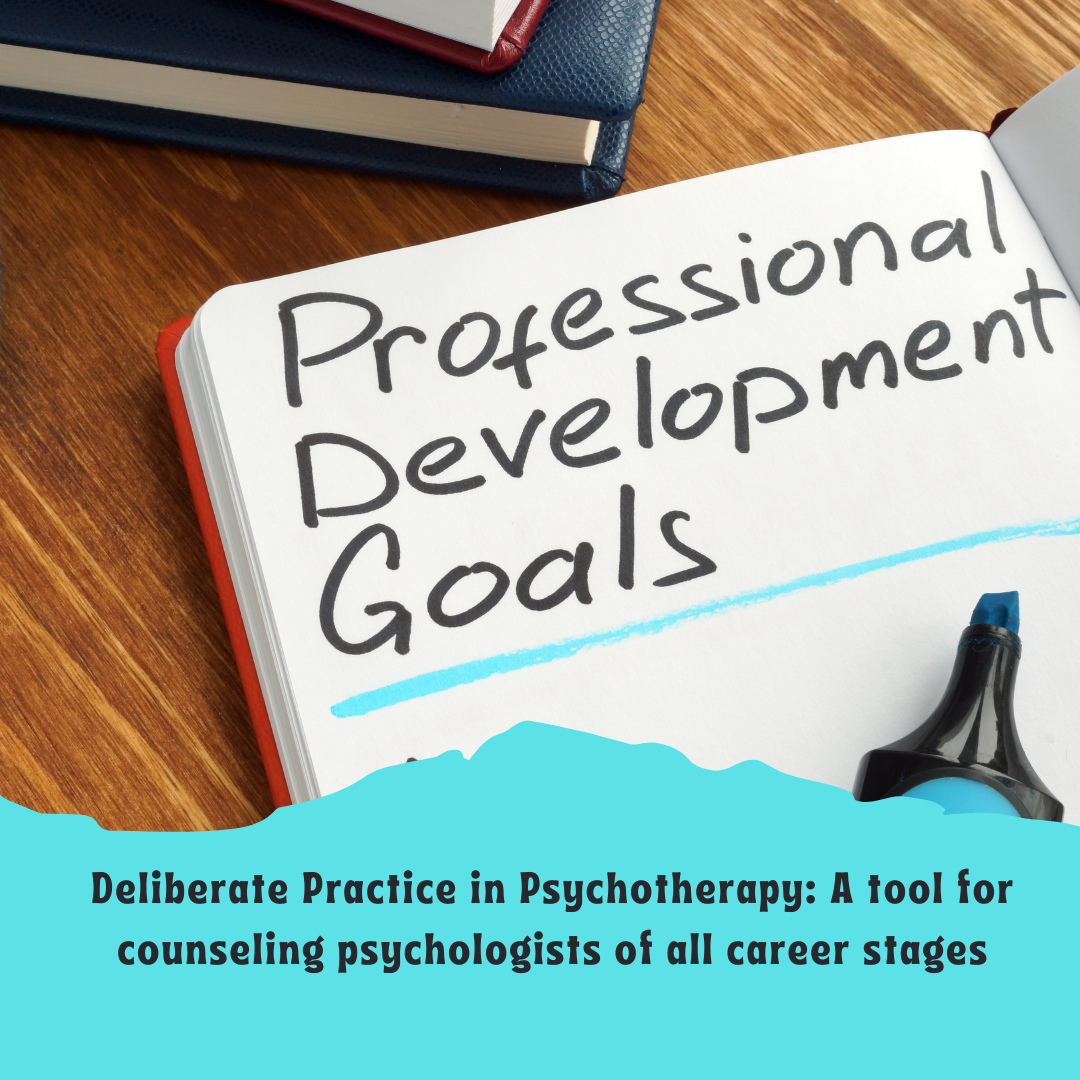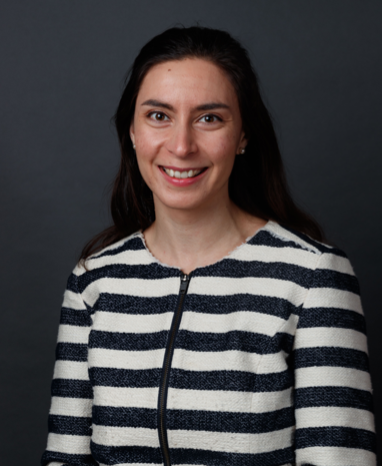|
Deliberate Practice in Psychotherapy: A tool for counseling psychologists of all career stages How do most counseling psychologists improve at the skill of psychotherapy? Near the beginning of their training, they learn by seeing multiple clients a week, with about an hour of supervision a week. However, this would be like a beginner pianist giving multiple performances a week with only one hour of lessons and practice. Of course, psychotherapy and music are two different skills, and what works in one field does not necessarily work in another. Or does it? Psychotherapy training and continuing education have ample room to improve. For example:
One explanation for these trends is that most forms of supervision, CE, literature study, and consultation involve declarative learning, which means learning about specific topics, such as addressing racial trauma or providing psychoeducation about behavioral education. Perhaps skills are explained or demonstrated, but these skills are not practiced by the person seeking to implement them. Direct practice of the skill is called procedural learning, which psychotherapists rarely have opportunities to do outside the therapy room. As we can see above, declarative learning is important but insufficient. One way forward is with deliberate practice (DP). DP is an evidence-based method for improving expertise in many fields, including sports and music performance, with emerging evidence for improving therapist effectiveness and client outcomes in psychotherapy. In contrast to more mindless practice, DP involves intentional steps:
Simply put, the core of DP in psychotherapy is working with an expert to repeatedly role play what you would say to a client, getting feedback in between each effort. This can be enhanced by the expert’s direct observation (live or recorded) of a session in order to identify a challenging moment to guide the role play. While the frame of DP is unique and valuable, it is important to note that DP practices align with general recommendations for enhancing psychotherapy supervision:
DP is not just for counseling psychology trainees at the beginning of their psychotherapy careers. It can help psychotherapists grow at all stages of practice, including when they become supervisors and want to use DP not only to build their own skills but also to support supervisees. Researchers can also benefit from knowledge about DP, especially if they investigate psychotherapy topics like supervision, training, and processes and outcomes. Additionally, professors can be creative with ways to implement aspects of DP in class. Here are some pedagogical strategies that my peers and I used when our professor let us lead parts of our advanced practicum class:
Here are some resources to learn more about and implement DP:
Overall, deliberate practice is a promising tool to help us as counseling psychologists provide the best services possible in our research, supervision, education, and clinical work.
Posted on: August 26, 2024 |



 Ayla Goktan (she/her) will be entering her fourth year in the University of Louisville Counseling Psychology PhD program in Fall 2024. Her salient identities include but are not limited to being a Turkish-American heterosexual cisgender woman who grew up middle class. Ayla is interested in doing health psychology research and working in medical settings. She is a member of the American Psychological Association (including APAGS, Division 17, and Division 54), the Kentucky Psychological Association, and the Functional Neurological Disorder Society. In her free time, she runs, writes poetry, plays the flute, and spends time with loved ones.
Ayla Goktan (she/her) will be entering her fourth year in the University of Louisville Counseling Psychology PhD program in Fall 2024. Her salient identities include but are not limited to being a Turkish-American heterosexual cisgender woman who grew up middle class. Ayla is interested in doing health psychology research and working in medical settings. She is a member of the American Psychological Association (including APAGS, Division 17, and Division 54), the Kentucky Psychological Association, and the Functional Neurological Disorder Society. In her free time, she runs, writes poetry, plays the flute, and spends time with loved ones.